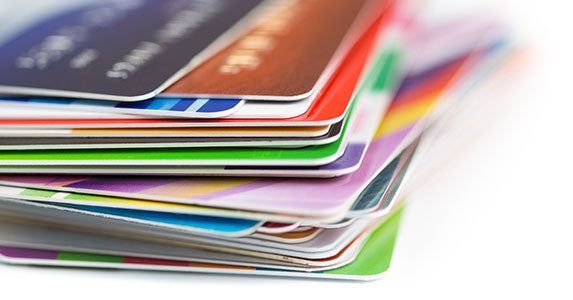One of the major
factors in your credit score is how much revolving credit you have versus how
much you're actually using. The smaller that percentage is, the better it is
for your credit rating.
The optimum: 30 percent
or lower.
To boost your score,
"pay down your balances, and keep those balances low," says Pamela
Banks, senior policy counsel for Consumers Union.
What you might not
know: Even if you pay balances in full every month, you still could have a
higher utilization ratio than you'd expect. That's because some issuers use the
balance on your statement as the one reported to the bureau. Even if you're
paying balances in full every month, your credit score will still consider your
monthly balances.
One strategy: See if
the credit card issuer will accept multiple payments throughout the month.
"A good way to
improve your score is to eliminate nuisance balances," says John
Ulzheimer, a nationally recognized credit expert formerly of FICO and Equifax.
Those are the small balances you have on a number of credit cards.
The reason this
strategy can help your score: One of the items your score considers is just how
many of your cards have balances, says Ulzheimer.

So, charging $50 on one
card and $30 on another, instead of using the same card (preferably one with a
good interest rate), can hurt your score, he says.
The solution to improve
your credit score: Gather up all those credit cards on which you have small
balances and pay them off, Ulzheimer says. Then select one or two go-to cards
that you can use for everything.
"That way, you're
not polluting your credit report with a lot of balances," he says.
Some people erroneously
believe that old debt on their credit report is bad, says Ulzheimer. The minute
they get their home or car paid off, they're on the phone trying to get it
removed from their credit report, he says.
Negative items are bad
for your score, and most of them will disappear from your report after seven
years. However, "arguing to get old accounts off your credit report just
because they're paid is a bad idea," he says.
Good debt -- debt that
you've handled well and paid as agreed -- is good for your credit. The longer
your history of good debt is, the better it is for your score.
One of the ways to
improve your credit score: Leave old debt and good accounts on as long as
possible, says Ulzheimer. This is also a good reason not to close old accounts
where you've had a solid repayment record.
Trying to get rid of
old good debt is "like making straight A's in high school and trying to
expunge the record 20 years later," Ulzheimer says. "You never want
that stuff to come off your history."

No comments:
Post a Comment